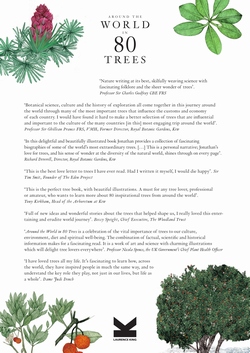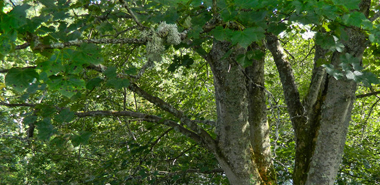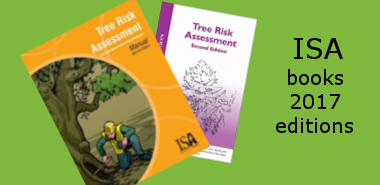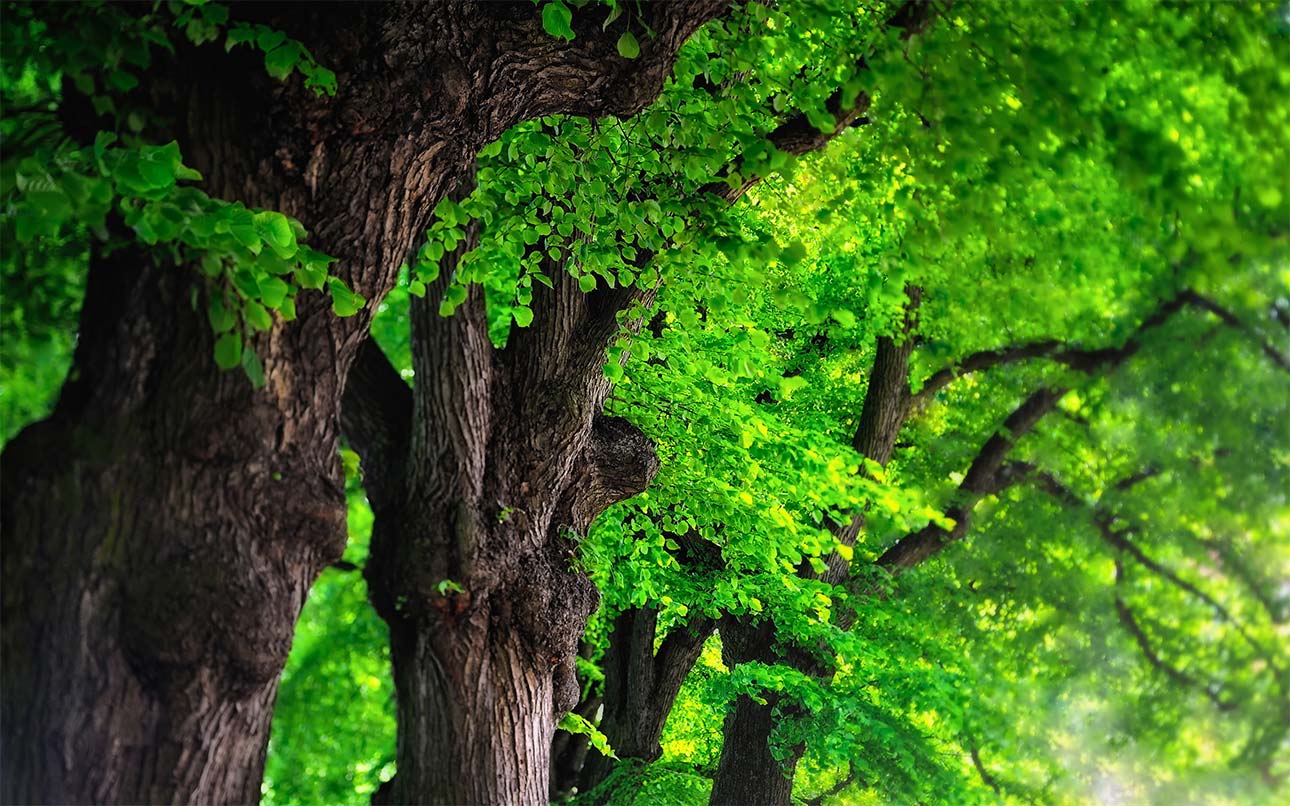No Items in Your Basket

Once upon a time, I made BBC science TV programmes. Then one day, we received some humbling news. Audiences loved our programmes - Tomorrow's World and the like - but research showed they didn't learn much from them. That made us wonder whether there was a way to make programmes that people found delightfully entertaining but with ideas that would stick around for a while in people's heads. After much experimentation, we discovered the bleedin' obvious; that non-scientists, and even scientists when they're relaxing, found tricky concepts easier and much more fun when they were part of a narrative and when there were doorways into the scientific ideas from history, anthropology, folklore, etymology and art.
Scroll forward a few years and I found myself on the board of the Royal Botanic Gardens, Kew - a science organisation with an urgent need to communicate the function and wonder of botanical research to lay audiences. I remembered the joy of plants that my parents had instilled in me as a child, when they took me every week to Kew. They fed my brother and me a tiny piece of Dieffenbachia ('dumb-canes') - that was a painful introduction to the horrors of the slave-trade; a lick of latex from an opium poppy was a joyful experience, mostly because of the reaction of friends' parents rather than any special effect on me.
Various travels and expeditions made me increasingly interested in trees. I came to realise that the way that individual societies, and indeed humanity as a whole, treats trees is a bell-weather for the health of our planet. Trees have long life cycles, so they suffer from our short-termism. They benefit when our societies have the stability, capacity and wisdom to think far, far ahead. Trees, which can't up-sticks when it gets too hot, or wet, or dry, or when insects or animals try to eat them, have developed all sorts of coping mechanisms and defences. But they also depend on those critters for pollination and seed dispersal so if anything affects those, the trees could be in trouble. And they're in trouble enough already from the competition (usually with humans) for space.
So the big themes, of climate change and the pressures in brings in myriad ways, of international trade and the transfer of pests and pathogens, the conflicting needs of people, and the way that trees themselves can be invasive species, are all ones that I have tackled. (The pillage of trees was addressed in the first known written story - the Epic of Gilgamesh)
But to deal with these themes head on might feel like a lecture. So, I've tried to weave these concepts into eighty biographies of tree species from around the globe - plant science interwoven with history and the arts and human stories from as many disciplines and cultures that I could muster. In Around the World in 80 Trees, I've tried to show how trees play a role in every part of human life, from the romantic to the regrettable. Stops on the trip include the lime trees of Berlin's Unter den Linden boulevard, which intoxicate amorous Germans and hungry bees alike, the swankiest streets in nineteenth-century London, which were paved with Australian jarrah wood, and the redwood forests of California, where the secret to the trees' soaring heights can be found in the properties of the tiniest drops of water.
There are self-mummifying monks, tree-climbing goats and ever-so-slightly radioactive nuts. There are stories of metal-hoarding trees in the south Pacific and shamanistic rites of northern Finland. Social lubricants of west Africa and the south-eastern United States contain caffeine, around which rituals have formed that are every bit as elaborate as the tea and coffee ceremonies with which we are familiar. Then there's the sheer wackiness of what trees and the people who surround them, get up to. The sect of monks in Japan, who up until the 19th century drank urushi tea made from the bark of the lacquer tree and became both emaciated and weirdly plasticised. When these living mummies died, they were often too poisonous for decomposition to occur, which was seen as auspicious.
Around the World in 80 Trees is a gorgeous thing - the illustrator Lucille Clerc and the designers at Laurence King Publishing have created a tactile delight. But this isn't designed to be a coffee-table ornament. This is a set of illustrated biographies. I do hope you enjoy them!
Jonathan Drori
(I am donating proceeds from the UK sales to UK environmental and research charities.)
Click here to order
@jondrori #80Trees
www.jondrori.co.uk/80Trees










